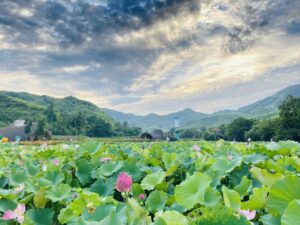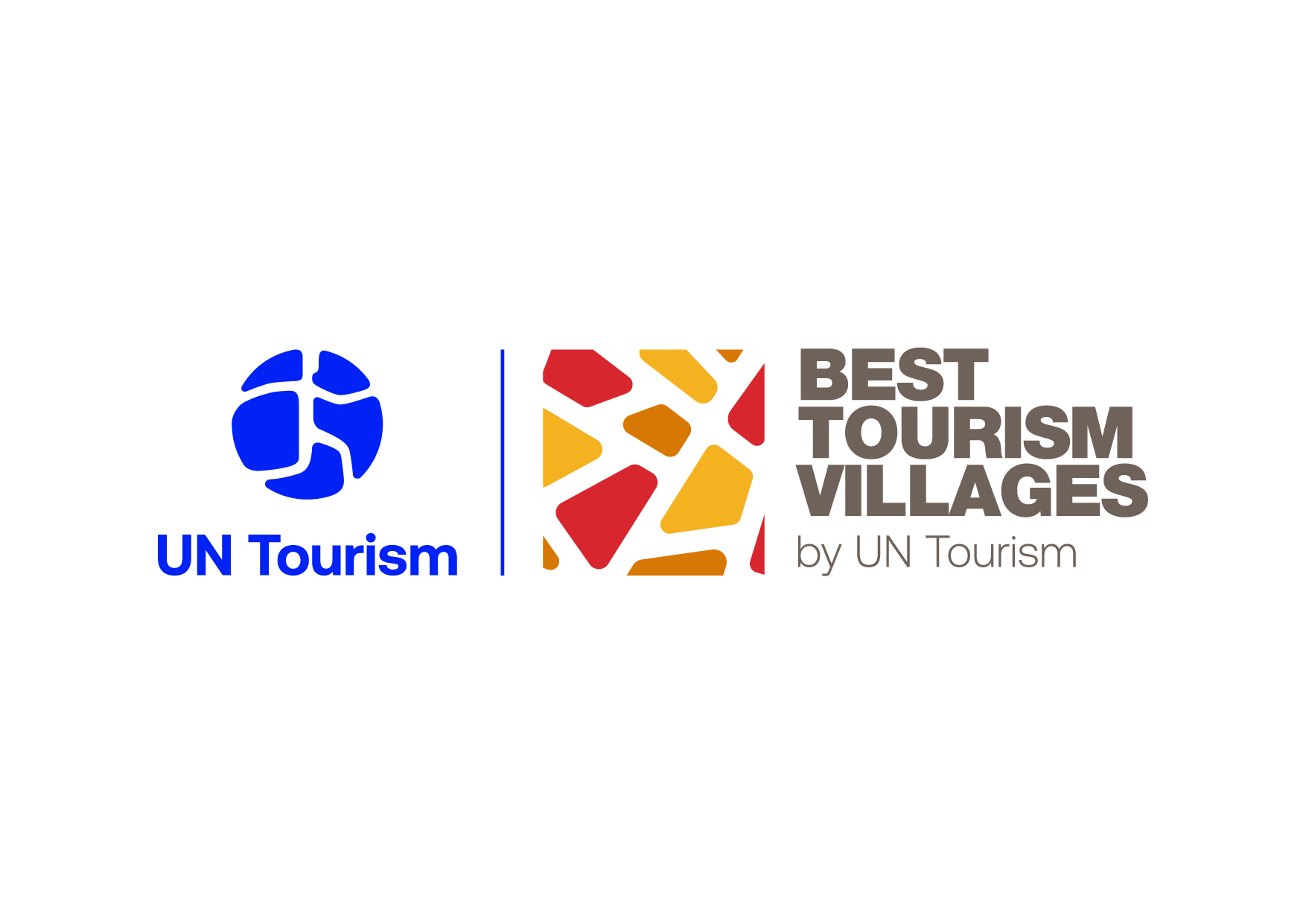Yucun
China
2021
Contact
An example for environmental recovery
Yucun village, located in southern China, covers an area of 4.86 square kilometers with a forest and vegetation cover rate of over 90%.
Both the natural landscape and cultural heritage are well protected and preserved. The village is a place of clean air, clean water and impeccable soil. The thousand-year-old gingko trees and centuries-old giant salamanders are proof of the high quality of the natural resources of Yucun village.
The name of the village originates from the Book of Changes, which says that a family devoted to goodness will have inexhaustible happiness and prosperity. The ancestors hope that Yucun’s descendants will remember that doing good is the basis for survival and development. Therefore, the locals take kindness as the first and foremost virtue. They seek not only social cohesion among people, but also harmony between man and nature. The thousand-year-old Longqing Buddhist Temple has witnessed the history of doing good of Yucun villagers for generations and the results of eco-development.
Yucun Village is the cradle of China’s rural development, which has earned it to become one of the National Key Rural Tourism Villages recognized by China’s Ministry of Culture and Tourism. The village has followed a green development path with the closure of the mines and the restoration of the environment. Since then, the concept of green development has evolved into a programmatic principle for China’s ecological progress.
HIGHLIGHTS
-

Fostering an ecology-based economy
Yucun is the cradle of China’s rural development and one of the key national tourism villages for the promotion of sustainable rural development. Yucun harnesses rural tourism as an important means of generating an ecology-based economy that promotes sustainable social development, innovation, entrepreneurship, employment and common prosperity.
-

Adopting environmentally-friendly practices
The village has implemented the Water Treatment and Control Project Action Plan for Anji County and a pilot project on waste collection. The plan seeks to minimize the negative impact of uncontrolled tourism by expanding financial investment and introducing more flexible market mechanisms.

